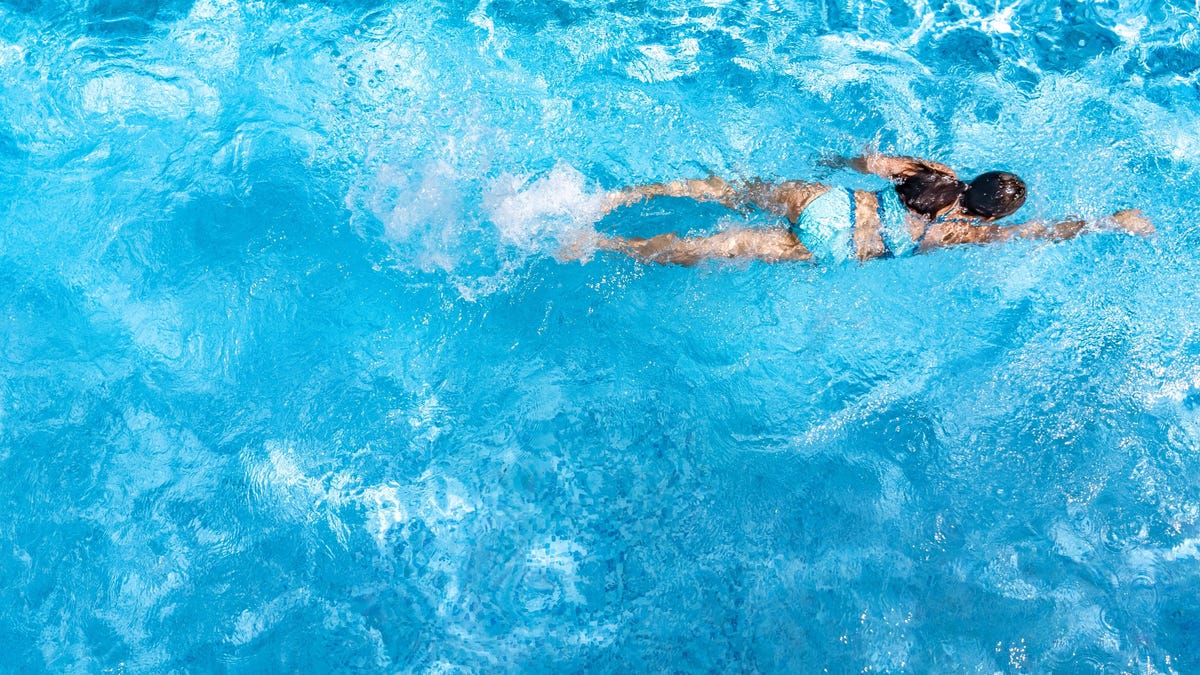
Now that summer is in full swing, people lucky enough to have their own pool (or at least live near someone who does) are probably spending a lot of time in the water. And while that’s a great way to cool down on a hot day, you could end up with some less-than-pleasant aftereffects, like a sunburn or swimmer’s ear.
We know how avoid getting a sunburn, but what about swimmer’s ear? Here’s what to do to prevent the pain and discomfort in your ears.
What is swimmer’s ear?
Swimmer’s ear—also known as otitis externa—is a redness, swelling, irritation, or infection that can occur when water gets stuck in the ear canal, and bacteria and germs are given the chance to settle in, and grow.
And you don’t have to spend the day in the water to get swimmer’s ear: It’s also possible to end up with the infection from showering, bathing, or being in a moist or humid environment. Swimmer’s ear is more common in children, but adults can get it, too.
What does swimmer’s ear feel like?
Most of the time, if we go underwater in a pool, or get water in our ears while showering, it drains out on its own. But sometimes, it doesn’t—leaving you feel as though you have a bubble stuck in your ear, and making sounds muffled.
Fortunately, the water typically comes out on its own (especially if you lie on your side where the water is trapped and let gravity work its magic). But if that doesn’t happen, the water trapped in your ear can make it easier for bacteria to grow, and the ear canal to become infected.
Swimmer’s ear symptoms
In addition to the feeling of water in your ear, symptoms of swimmer’s ear can include:
- Redness of the outer ear
- Itchiness
- Pain (especially when touching or wiggling your earlobe)
- Pus draining from your ear (which can be white, yellow, or yellow-green, and may smell)
- Swollen glands in your neck
- Swollen ear canal
- Fever
If you think you have swimmer’s ear, you should see your doctor, who’ll probably prescribe antibiotic or corticosteroid ear drops.
How to prevent swimmer’s ear
Instead of dealing with swimmer’s ear, you’re better off preventing it from happening in the first place. Here are a few ways to do that:
- Use ear plugs and/or a bathing cap when swimming and showering
- Use the edge of a towel to dry your outer ears as soon as you’re done swimming or bathing
- If you get water in your ears, tilt your head to the side to get it out
Credit: Source link



